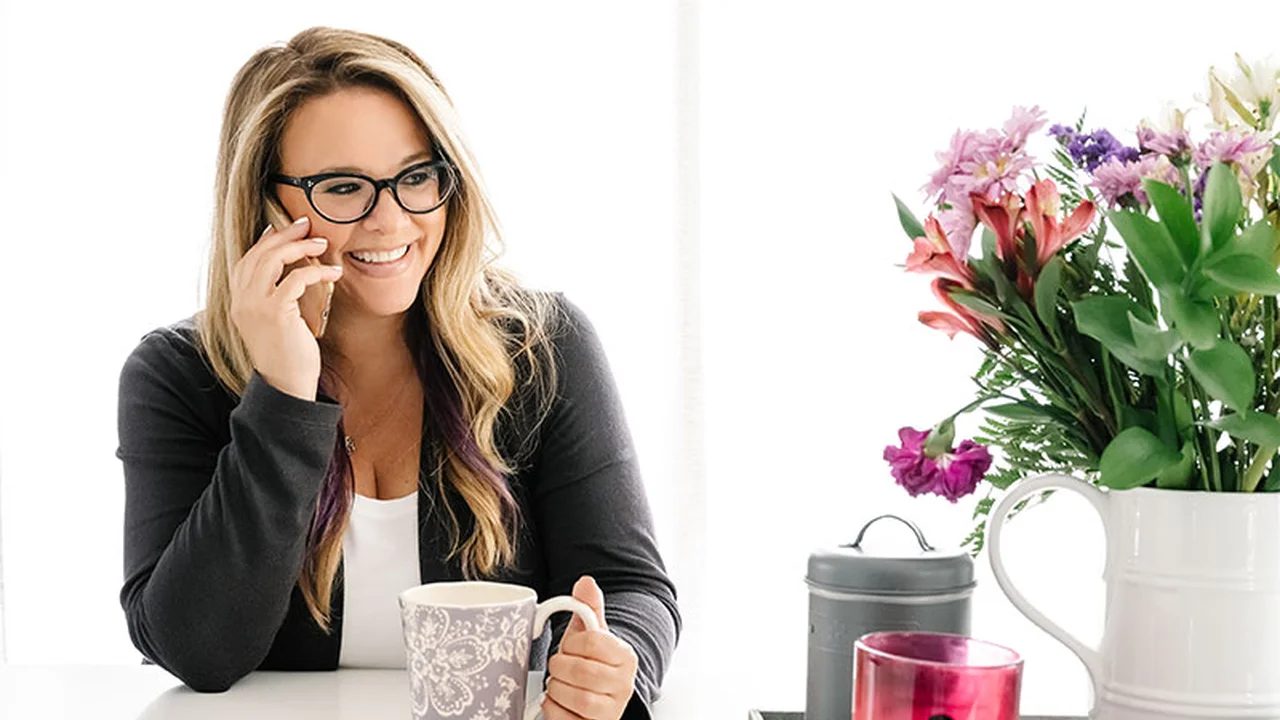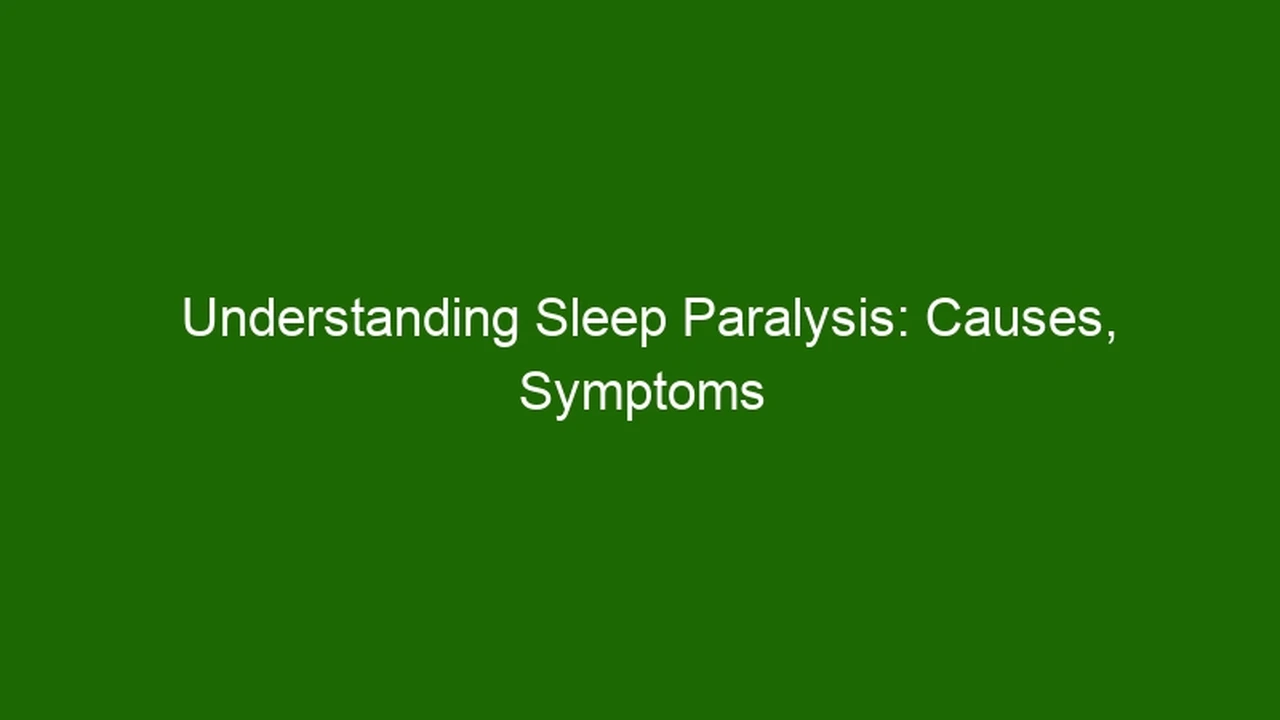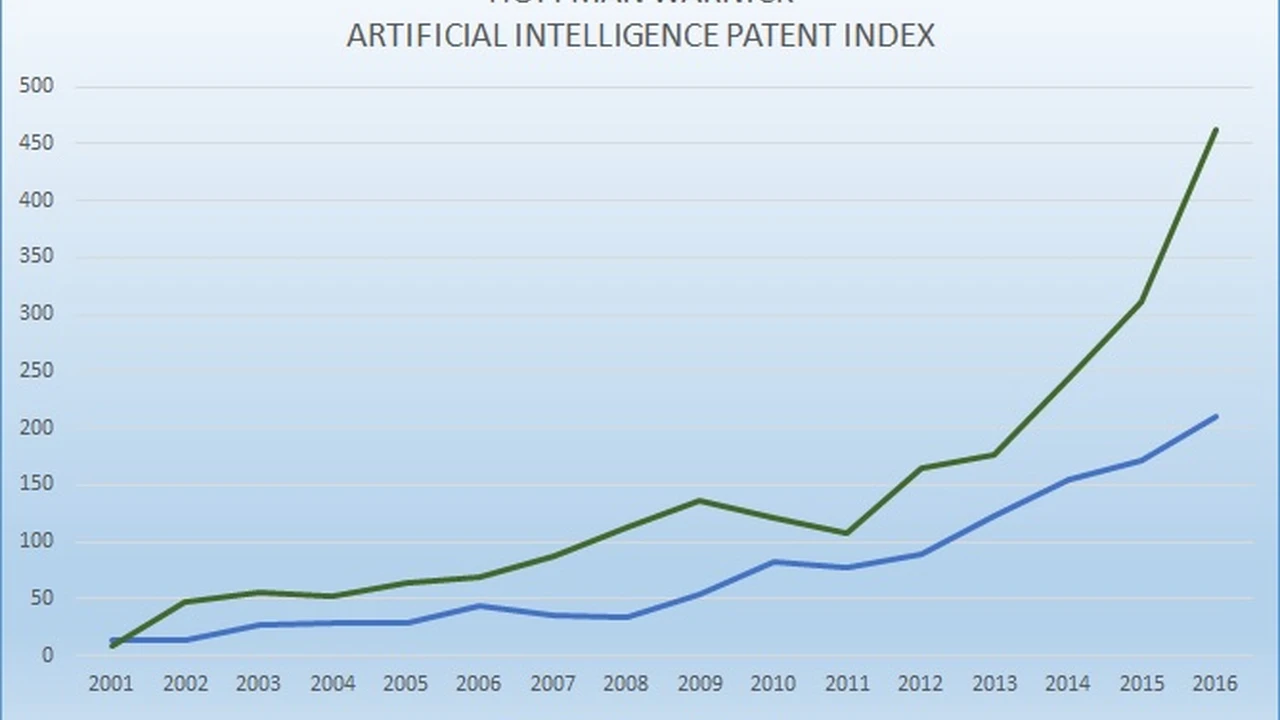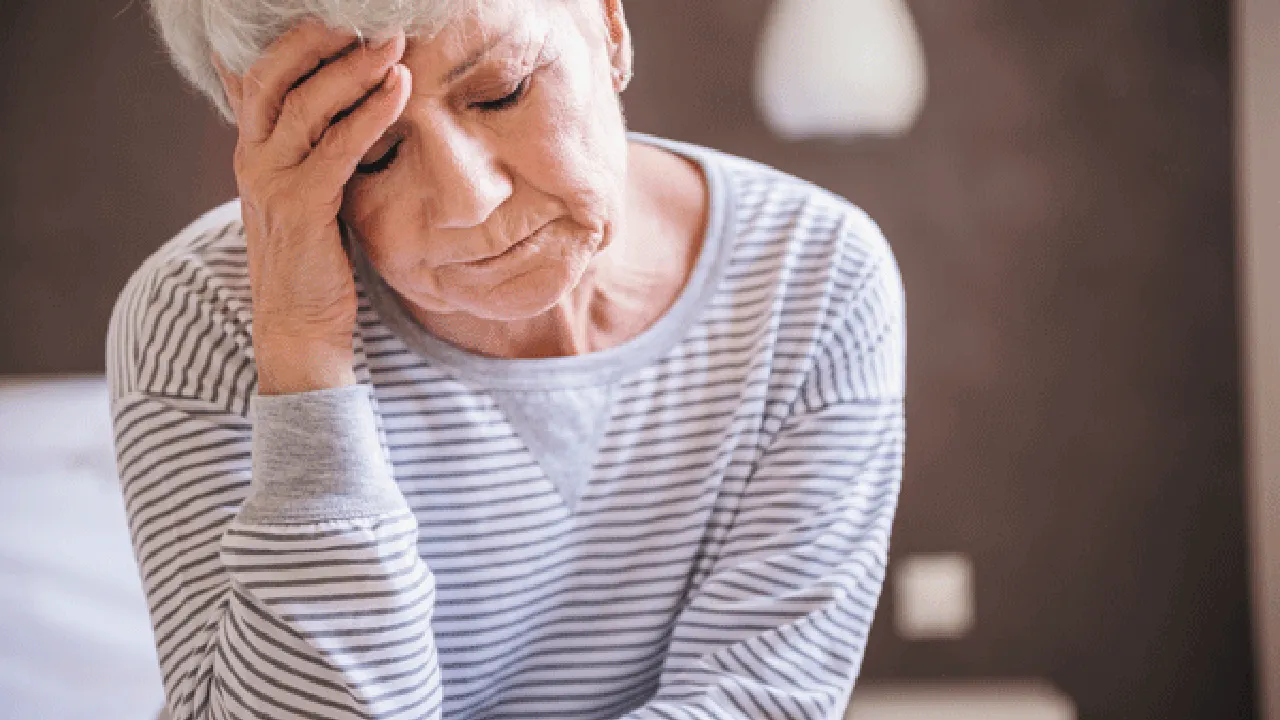Sleep and Telemedicine: Remote Sleep Consultations
Sample meta description.

Understanding the Rise of Telemedicine for Sleep Disorders
Hey there, sleep enthusiasts! Ever tossed and turned, wishing you could just beam yourself to a sleep specialist without leaving your bed? Well, that's pretty much what telemedicine offers. It's like having a sleep clinic in your pocket, bringing expert consultations right to your living room. We're talking about a real game-changer for anyone struggling with insomnia, sleep apnea, restless legs, or any other sleep-related gremlins.
The traditional route to sleep diagnosis and treatment often involves long wait times, inconvenient appointments, and sometimes, even travel. Telemedicine sweeps all that aside. It leverages video conferencing, mobile apps, and wearable technology to connect you with qualified sleep doctors and therapists, no matter where you are. This is especially crucial for folks in rural areas or those with limited mobility.
So, why the surge in popularity? Several factors are at play. Firstly, there's a growing awareness of the importance of sleep for overall health and well-being. People are finally realizing that sleep isn't a luxury; it's a necessity. Secondly, technology has made remote healthcare more accessible and affordable. And finally, the COVID-19 pandemic accelerated the adoption of telemedicine across all specialties, including sleep medicine.
Benefits of Remote Sleep Consultations via Telemedicine Sleep Experts
Okay, let's dive into the juicy details – what are the actual benefits of choosing telemedicine for your sleep woes? Buckle up, because there are quite a few!
- Convenience: This is the big one. Schedule appointments that fit your schedule, without the hassle of commuting or taking time off work.
- Accessibility: Reach sleep specialists who might be geographically out of reach. This is a lifesaver for those in underserved areas.
- Cost-Effectiveness: Often, telemedicine consultations are more affordable than traditional in-person visits. Plus, you save on travel expenses.
- Comfort: Talk to your doctor from the comfort of your own home, in a familiar and relaxing environment. This can be especially helpful if you feel anxious or uncomfortable in medical settings.
- Improved Monitoring: Wearable sleep trackers and remote monitoring devices allow your doctor to gather objective data about your sleep patterns, leading to more accurate diagnoses and personalized treatment plans.
- Reduced Exposure to Illness: Avoid crowded waiting rooms and potential exposure to infectious diseases.
Telemedicine Sleep Diagnosis and Treatment Options
Telemedicine isn't just about chatting with a doctor online. It encompasses a range of diagnostic and treatment options. Let's break it down:
- Initial Consultation: A video call with a sleep specialist to discuss your sleep problems, medical history, and lifestyle.
- Sleep Study Interpretation: Review and analysis of your sleep study results (often conducted at home with a portable device).
- Cognitive Behavioral Therapy for Insomnia (CBT-I): A structured program delivered remotely to help you change negative thoughts and behaviors that contribute to insomnia.
- Medication Management: Prescription and monitoring of sleep medications, when appropriate.
- CPAP Titration and Management: Adjusting and managing your CPAP machine remotely for sleep apnea treatment.
- Lifestyle Recommendations: Personalized advice on sleep hygiene, diet, and exercise to improve your sleep quality.
Choosing the Right Telemedicine Platform for Sleep Issues
With so many telemedicine platforms out there, how do you choose the right one for your sleep needs? Here are some key factors to consider:
- Credentials and Expertise: Make sure the platform employs board-certified sleep specialists with experience in telemedicine.
- Technology and Security: The platform should use secure video conferencing and data encryption to protect your privacy.
- User-Friendliness: The platform should be easy to navigate and use, especially if you're not tech-savvy.
- Insurance Coverage: Check if your insurance plan covers telemedicine consultations for sleep disorders.
- Customer Support: The platform should offer reliable customer support to answer your questions and address any technical issues.
- Reviews and Reputation: Read online reviews and check the platform's reputation before signing up.
Top Sleep Products Recommended by Telemedicine Sleep Specialists
Now, let's talk about some specific products that telemedicine sleep specialists often recommend to help improve your sleep. Remember, it's always best to discuss these options with your doctor to determine what's right for you.
Weighted Blankets for Anxiety and Sleep
Product: Gravity Blanket, YnM Weighted Blanket
Use Case: Reducing anxiety and promoting relaxation before bed. The gentle pressure of a weighted blanket can mimic the feeling of being hugged, which can be very calming.
Comparison: Gravity Blanket is known for its premium materials and even weight distribution. YnM Weighted Blanket is a more affordable option with a wide variety of sizes and weights.
Price: Gravity Blanket: $250-$300, YnM Weighted Blanket: $50-$100
White Noise Machines for Sound Masking and Sleep Improvement
Product: LectroFan White Noise Machine, Marpac Dohm Classic White Noise Machine
Use Case: Masking distracting noises, such as traffic or snoring, to create a more peaceful sleep environment.
Comparison: LectroFan offers a wide variety of white noise sounds and adjustable volume levels. Marpac Dohm Classic is a simpler, more traditional option with a fan-based sound.
Price: LectroFan: $50-$60, Marpac Dohm Classic: $50-$60
Smart Sleep Trackers Wearables for Sleep Data Monitoring
Product: Fitbit Sense, Apple Watch Series 8, Oura Ring
Use Case: Tracking sleep duration, sleep stages, heart rate, and other metrics to gain insights into your sleep patterns.
Comparison: Fitbit Sense offers comprehensive health tracking features, including sleep analysis. Apple Watch Series 8 integrates seamlessly with the Apple ecosystem. Oura Ring is a discreet and comfortable ring that tracks sleep and activity.
Price: Fitbit Sense: $200-$300, Apple Watch Series 8: $400-$500, Oura Ring: $300-$400
Light Therapy Lamps for Seasonal Affective Disorder and Sleep Regulation
Product: Verilux HappyLight, Carex Day-Light Classic Plus
Use Case: Regulating your circadian rhythm and improving mood, especially during the winter months when sunlight is limited.
Comparison: Verilux HappyLight is a popular and affordable option with adjustable brightness levels. Carex Day-Light Classic Plus is a larger, more powerful lamp for more intense light therapy.
Price: Verilux HappyLight: $40-$50, Carex Day-Light Classic Plus: $70-$80
Adjustable Beds for Comfort and Sleep Apnea Relief
Product: Sleep Number Bed, Tempur-Pedic Ergo Extend Smart Base
Use Case: Adjusting your sleeping position to improve comfort and reduce snoring or sleep apnea symptoms. Some adjustable beds also offer features like massage and sleep tracking.
Comparison: Sleep Number Bed allows you to adjust the firmness of each side of the bed independently. Tempur-Pedic Ergo Extend Smart Base offers advanced features like sleep tracking and snore detection.
Price: Sleep Number Bed: $1000-$5000, Tempur-Pedic Ergo Extend Smart Base: $2000-$4000
The Future of Telemedicine in Sleep Medicine
Telemedicine is poised to play an even bigger role in sleep medicine in the years to come. As technology advances and access to healthcare expands, we can expect to see even more innovative solutions for diagnosing and treating sleep disorders remotely. This could include:
- AI-powered sleep analysis: Using artificial intelligence to analyze sleep data and provide personalized recommendations.
- Virtual reality therapy for insomnia: Immersive virtual reality environments to help you relax and fall asleep.
- Remote sleep coaching: Personalized coaching and support from sleep experts via video conferencing and mobile apps.
- More integrated wearable technology: Wearable devices that can track even more sleep-related metrics and provide real-time feedback.
So, if you're struggling with sleep problems, don't hesitate to explore the possibilities of telemedicine. It could be the key to unlocking a better night's sleep and a healthier, happier you!
:max_bytes(150000):strip_icc()/277019-baked-pork-chops-with-cream-of-mushroom-soup-DDMFS-beauty-4x3-BG-7505-5762b731cf30447d9cbbbbbf387beafa.jpg)






